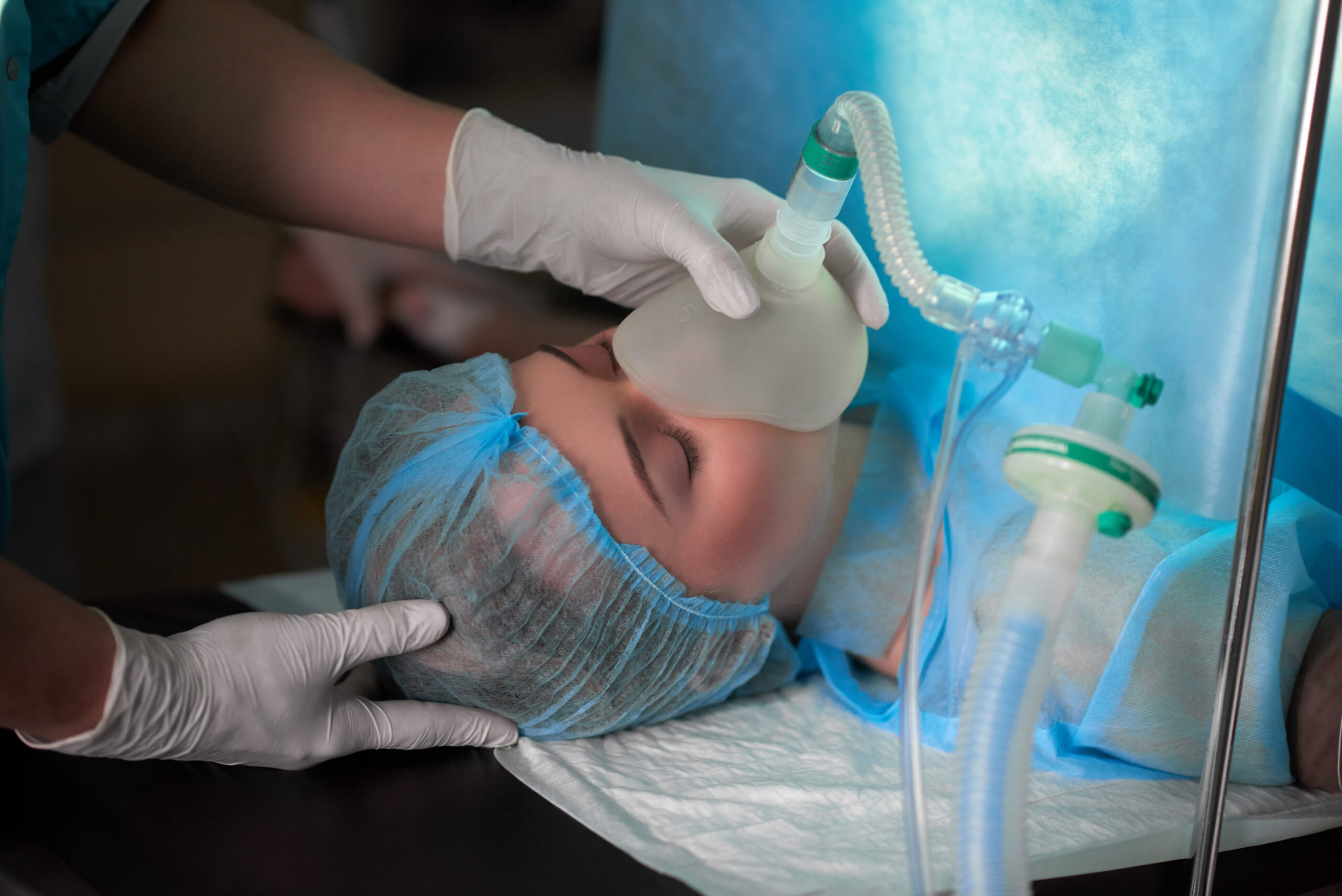Nurse anesthetists, also known as certified registered nurse anesthetists (CRNAs), are advanced practice registered nurses (APRNs) who specialize in administering anesthesia and related care before, during, and after surgical, therapeutic, diagnostic, and obstetrical procedures. They work in a variety of healthcare settings, including hospitals, ambulatory surgery centers, dental offices, and military installations, and collaborate with physicians, surgeons, dentists, and other healthcare professionals to provide safe and effective anesthesia services.
Key Takeaways:
- Nurse anesthetists are highly skilled healthcare professionals who play a critical role in ensuring patient safety and comfort during surgical and other medical procedures. They are responsible for assessing patients’ health status, monitoring vital signs, administering anesthesia drugs, managing anesthesia-related complications, and providing postoperative care.
- Nurse anesthetists have the potential to earn high salaries, which can vary based on a variety of factors, including their experience, location, and education level. According to the American Association of Nurse Anesthetists (AANA), the median annual salary for CRNAs in 2020 was $200,000.
- Nurse anesthetists who pursue additional education, such as a Doctor of Nursing Practice (DNP) degree or additional certifications or specializations, can enhance their clinical and leadership skills and prepare them for more advanced roles in anesthesia practice. They may also have higher earning potential and enjoy additional benefits such as health insurance, retirement plans, paid time off, and continuing education opportunities. However, the demands of their role require a significant amount of training, expertise, and dedication, and it is essential for nurse anesthetists to maintain a commitment to ongoing learning and professional development to provide the highest quality of care to their patients.
 One of the key factors that attract many nurses to become CRNAs is their earning potential. According to the Bureau of Labor Statistics (BLS), the median annual wage for nurse anesthetists was $189,190 as of May 2020, which is significantly higher than the median wage for all occupations, which was $41,950. The top 10% of CRNAs earned more than $208,000 per year, while the lowest 10% earned less than $123,750 per year.
One of the key factors that attract many nurses to become CRNAs is their earning potential. According to the Bureau of Labor Statistics (BLS), the median annual wage for nurse anesthetists was $189,190 as of May 2020, which is significantly higher than the median wage for all occupations, which was $41,950. The top 10% of CRNAs earned more than $208,000 per year, while the lowest 10% earned less than $123,750 per year.
However, it is important to note that the salaries of nurse anesthetists can vary widely based on a variety of factors, including their years of experience, geographic location, type of employer, level of education, and additional certifications or specializations.
Years of Experience
As with many other professions, the salaries of nurse anesthetists tend to increase as they gain more experience. According to the 2021 Annual Compensation and Benefits Survey conducted by the American Association of Nurse Anesthetists (AANA), CRNAs with less than five years of experience had a median salary of $175,000, while those with 5-10 years of experience had a median salary of $200,000. CRNAs with 10-20 years of experience had a median salary of $215,000, and those with more than 20 years of experience had a median salary of $225,000.
Geographic Location
Another factor that can significantly impact the salaries of nurse anesthetists is their geographic location. According to the BLS, the states with the highest annual mean wages for nurse anesthetists as of May 2020 were:
- Montana – $275,350
- Wyoming – $241,370
- California – $238,450
- Oregon – $237,860
- Nevada – $236,750
On the other hand, the states with the lowest annual mean wages for nurse anesthetists were:
- Puerto Rico – $113,740
- Alabama – $164,610
- West Virginia – $170,920
- Tennessee – $171,210
- Mississippi – $173,680
It is worth noting that the cost of living and the demand for healthcare services can also vary widely by location, which can impact the availability and compensation of nurse anesthetist
positions.
Type of Employer
The type of employer can also affect the salaries of nurse anesthetists. According to the AANA survey, CRNAs who work in hospitals had a median salary of $195,000, while those who work in ambulatory surgery centers had a median salary of $182,500. CRNAs who work in academic or teaching hospitals had a median salary of $230,000, while those who work in private practice had a median salary of $200,000.
Level of Education
The education level of nurse anesthetists can also impact their earning potential. CRNAs are required to have a minimum of a master’s degree in nursing and to pass a national certification exam. However, some CRNAs may choose to pursue additional education or certifications, which can increase their earning potential.
For example, some CRNAs may choose to pursue a Doctor of Nursing Practice (DNP) degree, which can enhance their clinical and leadership skills and prepare them for more advanced roles in anesthesia practice. According to the AANA survey, CRNAs with a DNP degree had a median salary of $215,000, compared to $195,000 for those with a master’s degree.
Additional Certifications or Specializations
CRNAs who have additional certifications or specializations can also command higher salaries. For example, CRNAs who specialize in pediatric anesthesia or cardiac anesthesia may earn higher salaries than those who provide general anesthesia services. Similarly, CRNAs who hold certifications such as the Certified Registered Nurse Infusion (CRNI) or the Certified Registered Nurse First Assistant (CRNFA) may have higher earning potential.
 In addition to salary, nurse anesthetists may also receive additional benefits such as health insurance, retirement plans, paid time off, and continuing education opportunities. Many employers also offer bonuses or incentives for CRNAs who work in high-demand or underserved areas, such as rural or remote communities.
In addition to salary, nurse anesthetists may also receive additional benefits such as health insurance, retirement plans, paid time off, and continuing education opportunities. Many employers also offer bonuses or incentives for CRNAs who work in high-demand or underserved areas, such as rural or remote communities.
It is worth noting that while nurse anesthetists do have the potential to earn high salaries, they also face a significant amount of responsibility and pressure in their roles. CRNAs must be able to assess patients’ health status, monitor vital signs, administer anesthesia drugs, manage anesthesia-related complications, and provide postoperative care. They must also stay up-to-date on the latest advances in anesthesia practice and adhere to strict safety protocols to minimize the risk of adverse events.
In conclusion, nurse anesthetists are highly skilled and specialized healthcare professionals who play a critical role in ensuring patient safety and comfort during surgical and other medical procedures. While their salaries can vary based on a variety of factors, including their experience, location, and education level, nurse anesthetists generally have the potential to earn high salaries and enjoy a range of benefits and incentives. However, the demands of their role require a significant amount of training, expertise, and dedication, and it is essential for nurse anesthetists to maintain a commitment to ongoing learning and professional development to provide the highest quality of care to their patients.







